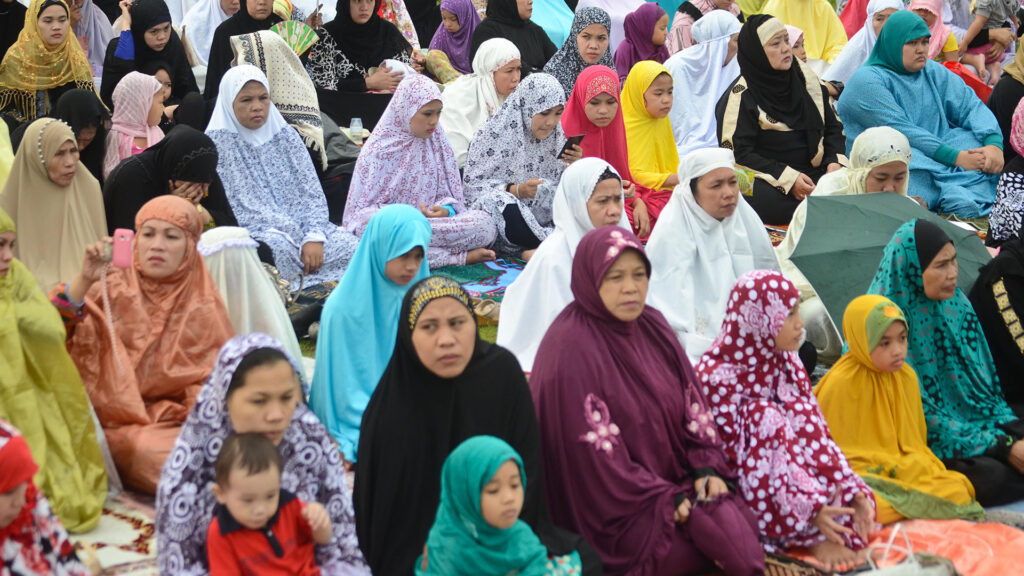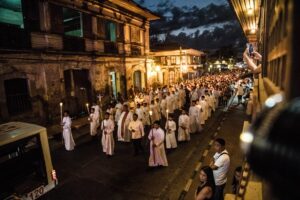Ramadan holds significant importance in Philippine culture, particularly among the Muslim population. Here’s an overview of its cultural and societal impact:
1. Religious Observance
Ramadan is a sacred month for Muslims in the Philippines, as it is globally. It is a time of fasting, prayer, and reflection, during which Muslims abstain from food and drink from dawn until sunset. This observance is an essential pillar of Islam and is strictly followed by the Muslim community.
2. Cultural Unity and Community Bonding
In the Philippines, which has a predominantly Christian population, Ramadan fosters a sense of unity and respect among different religious communities. Events such as communal prayers (Taraweeh) and Iftar (the meal to break the fast) often include non-Muslim friends and neighbors, promoting interfaith harmony and understanding.
3. Economic Impact
Ramadan influences economic activities, particularly in areas with significant Muslim populations, such as Mindanao. Markets and shops adjust their hours to accommodate the fasting schedule. There is also increased economic activity associated with preparing for the daily Iftar and the celebratory feast of Eid al-Fitr, which marks the end of Ramadan.
4. Educational Awareness
The observance of Ramadan provides an opportunity for educational institutions to teach about Islamic traditions and the importance of the holy month. This enhances cultural awareness and fosters a more inclusive environment within schools and communities.
5. Cultural Celebrations and Traditions
Ramadan culminates in Eid al-Fitr, a significant festival for Muslims, marked by prayers, feasts, and the giving of alms (Zakat al-Fitr). This celebration is recognized nationwide, and even non-Muslims participate in the festivities, which helps to preserve and promote the rich cultural diversity of the Philippines.
6. Government and Policy
The Philippine government acknowledges Ramadan and Eid al-Fitr through public holidays, which allows Muslim Filipinos to observe their religious practices fully. This recognition by the state emphasizes the importance of inclusivity and respect for cultural and religious diversity.
Conclusion
Ramadan is not only a period of deep spiritual significance for Filipino Muslims but also a time that highlights the cultural diversity and mutual respect inherent in Philippine society. The observance of Ramadan contributes to the country’s rich cultural tapestry, fostering interfaith dialogue, community bonding, and a deeper appreciation for the Islamic heritage within the Philippines.




